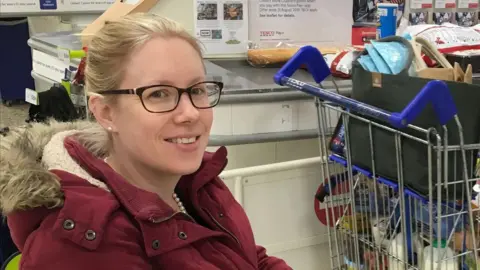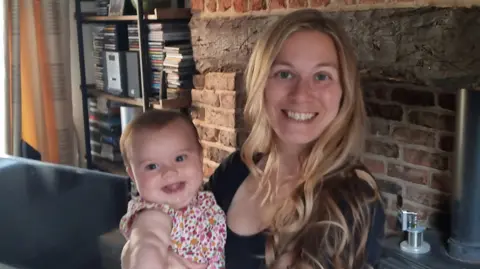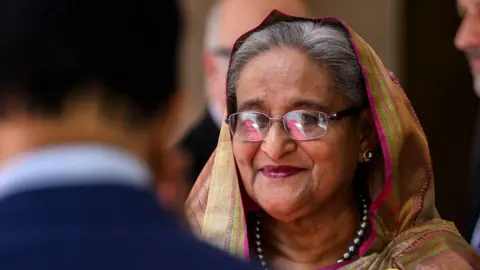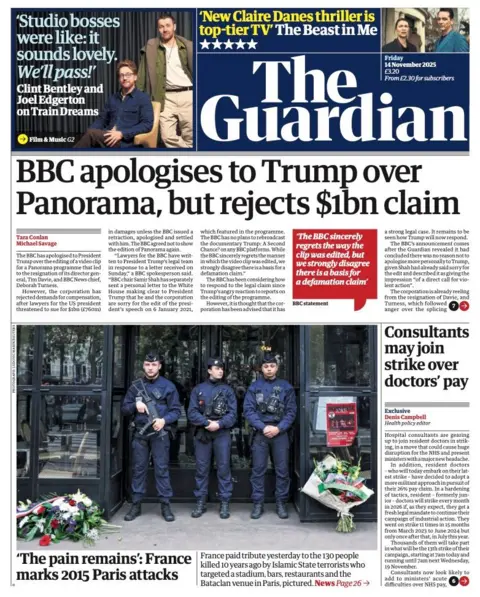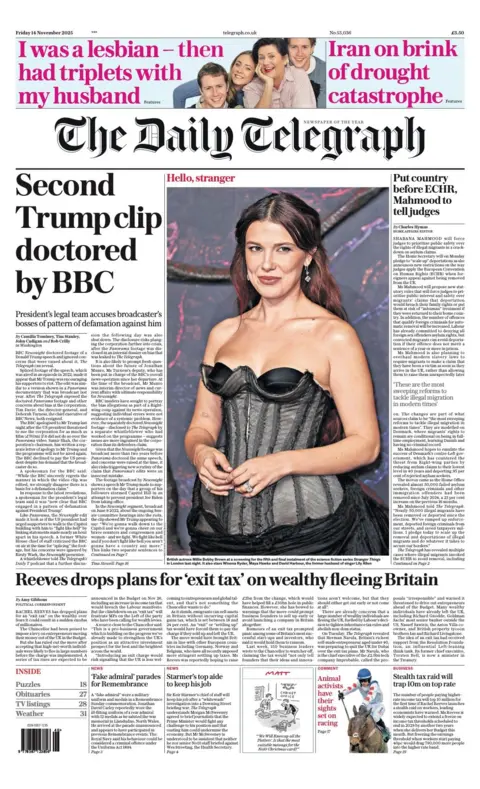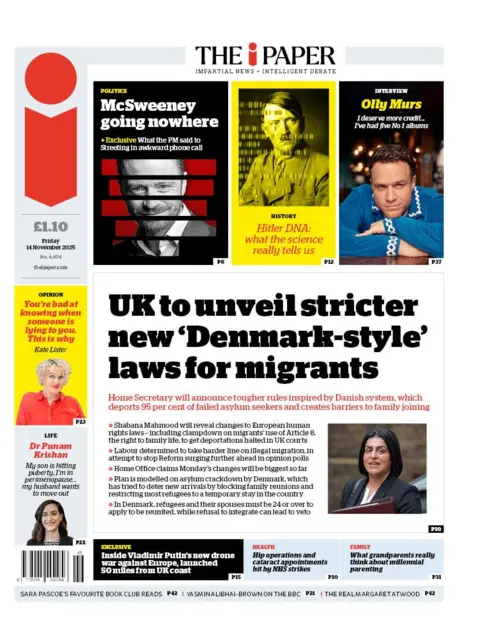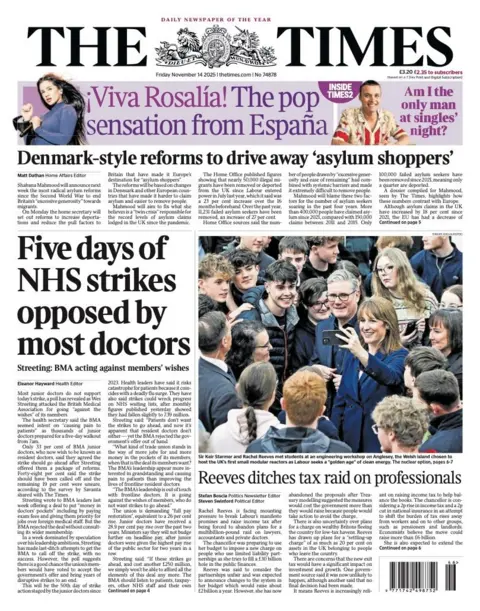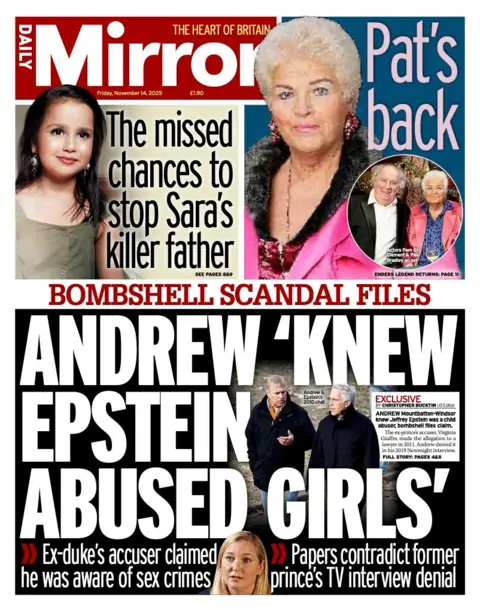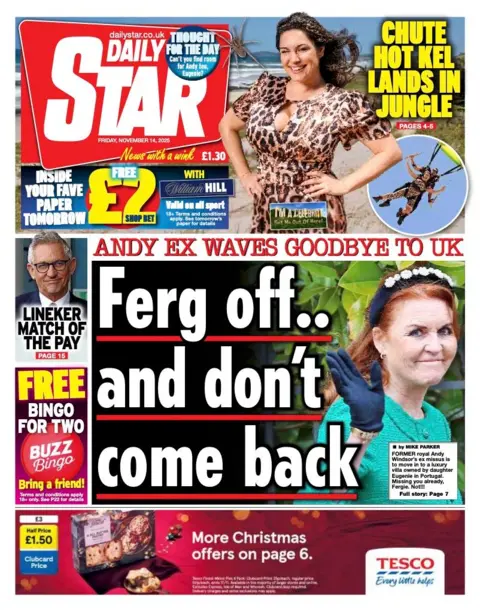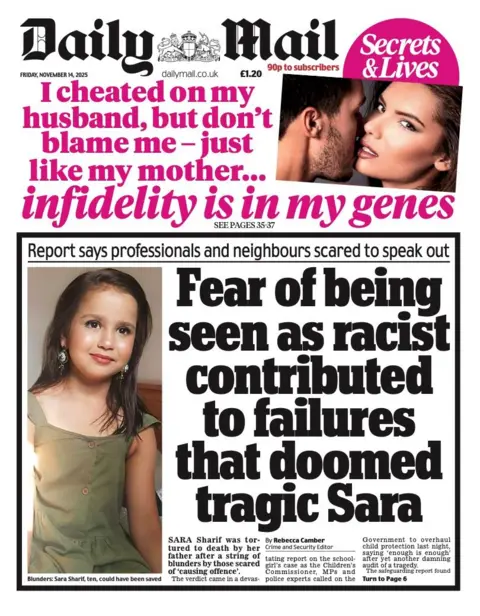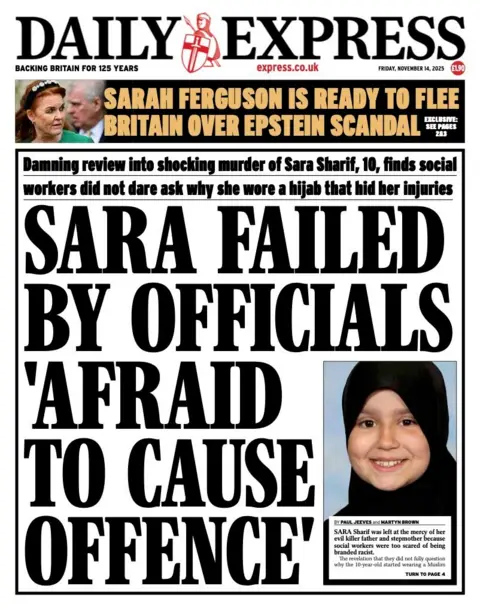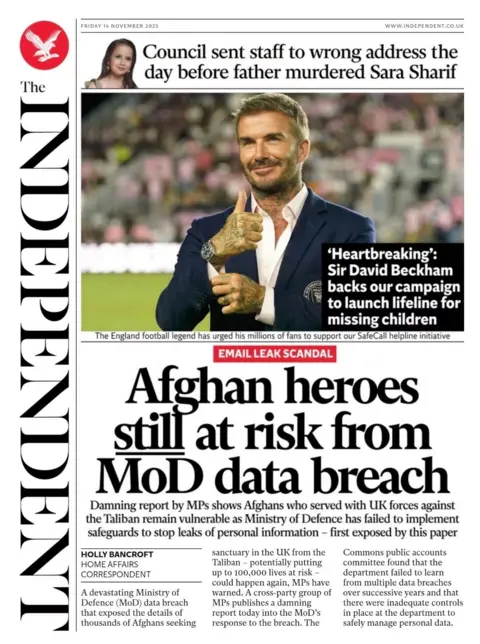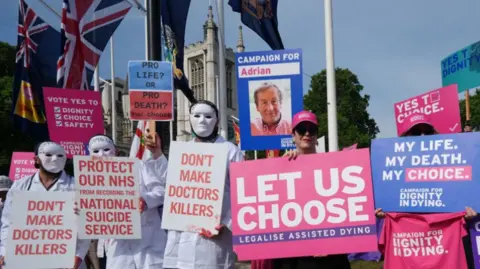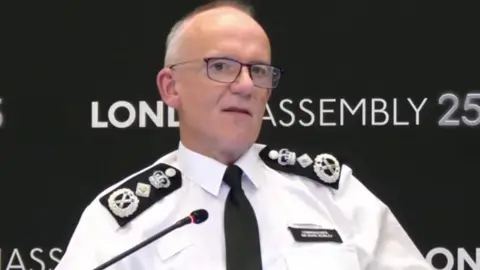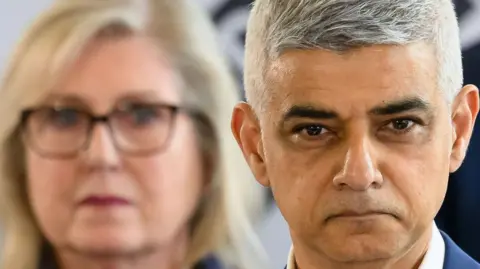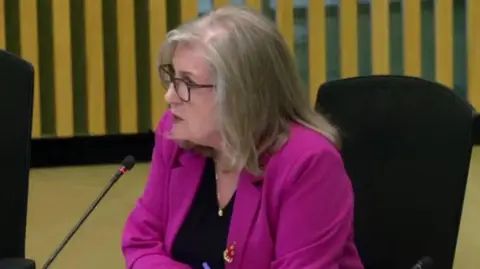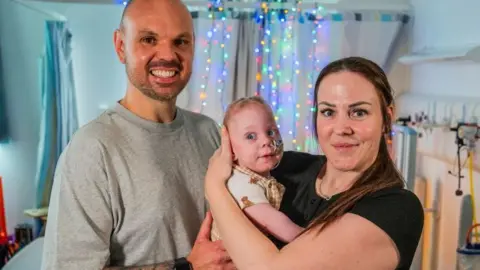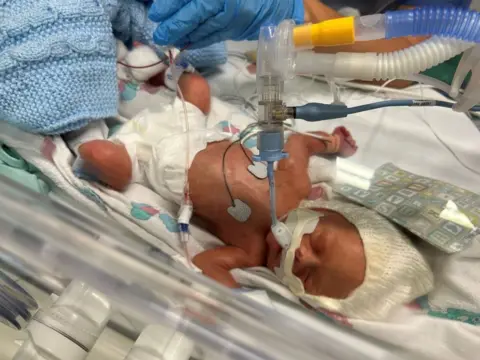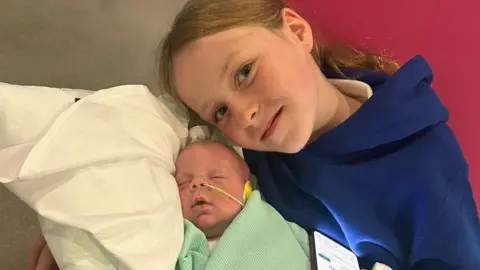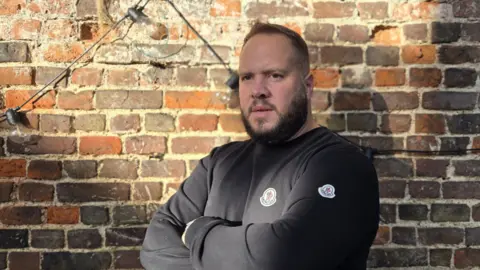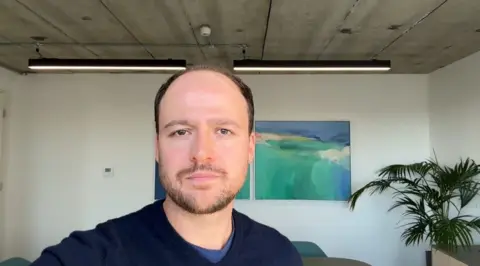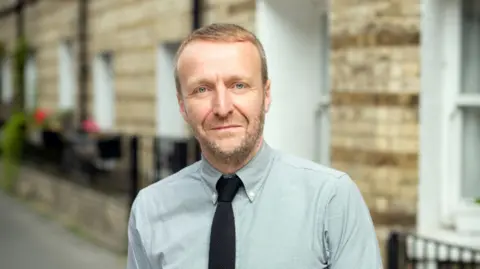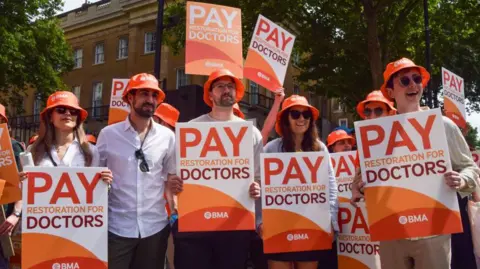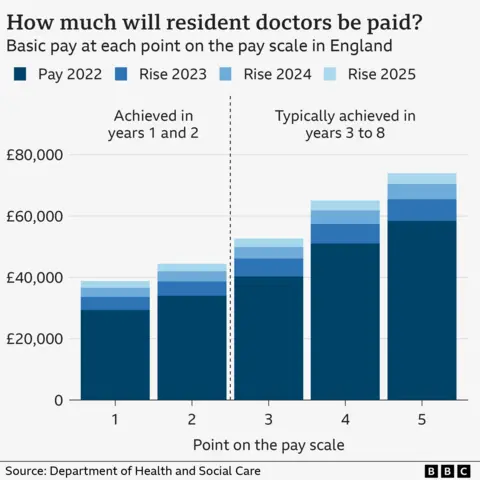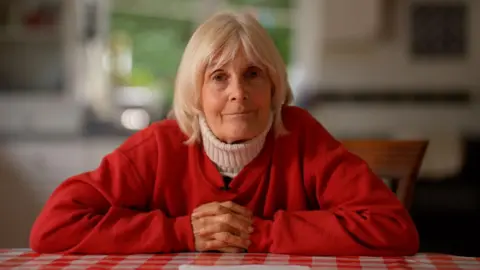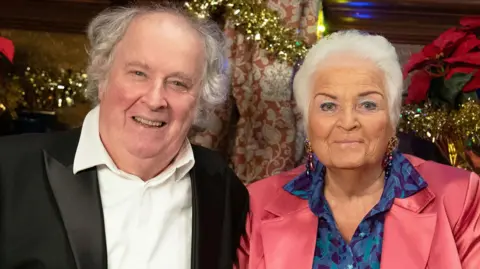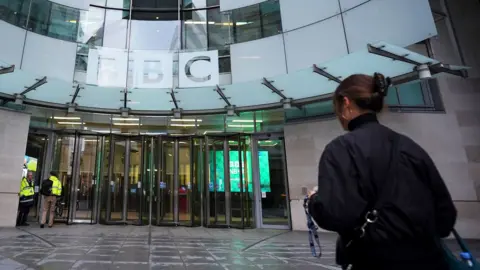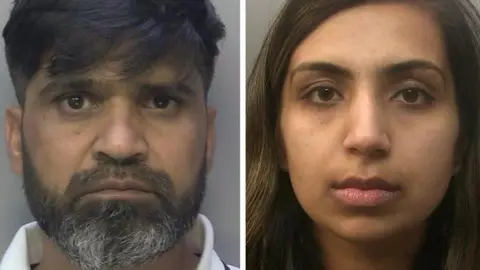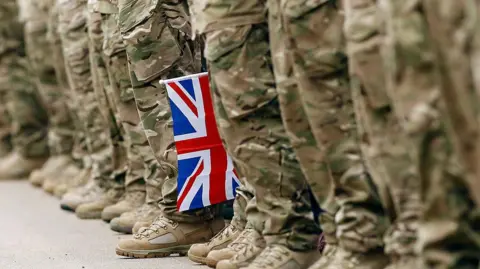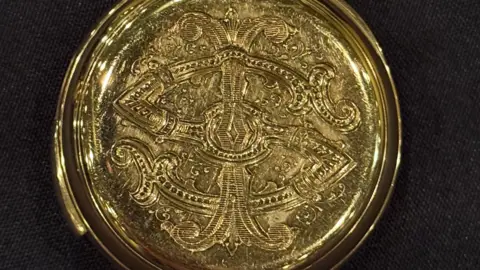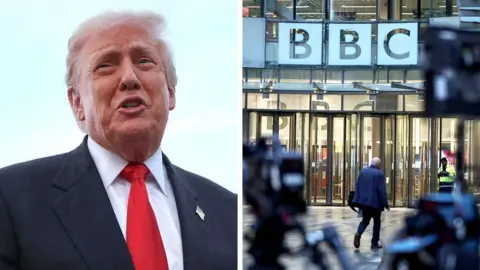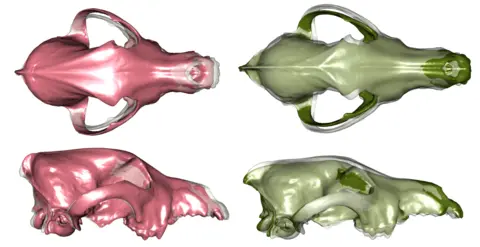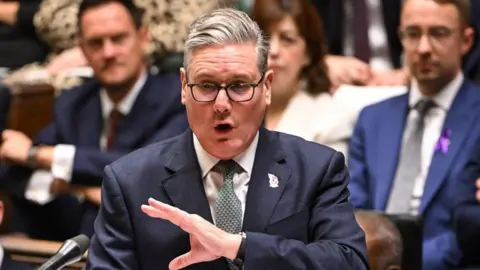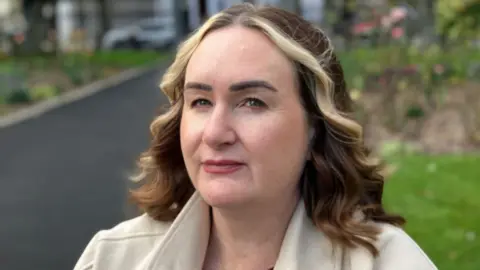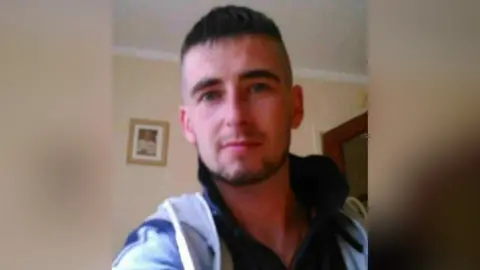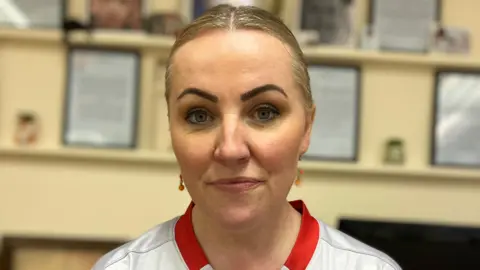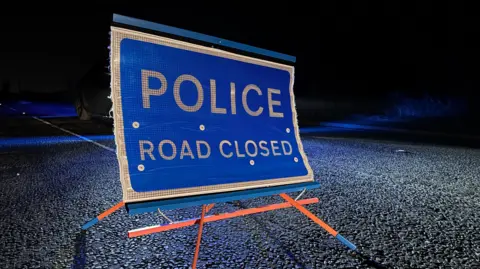Councils warn of 'total collapse' in special needs system

 Getty Images
Getty ImagesThe special educational needs and disabilities system for children in England faces "total collapse" and the government must not "keep ducking" reforms, council leaders have warned.
The County Councils Network, which represents some of England's largest local authorities, said councils had deficits which will reach £4.4bn a year by the end of this parliament in 2029, as they struggled to cope with increased demand.
The government has put off planned reforms to the SEND system until next year, and a white paper setting out those reforms was delayed recently.
But ministers face pressure from Labour MPs who warn there would be political danger in watering down support for children.

 SUPPLIED
SUPPLIEDThe number of Education Health and Care Plans (EHCP) - the legal document entitling children to support from local authorities - have increased, according to the Department for Education.
There were 638,745 EHCPs in place in January 2025, up 10.8% on the same point last year. The number of new plans which started during 2024 also grew by 15.8% on the previous year, to 97,747.
The County Councils Network (CCN) says one in every 20 children in England could end up needing this kind of support by the end of the decade.
Councils have a statutory duty to provide support to children with an EHCP, depending on what the document outlines.
The CCN also says demand for EHCPs alone is not the only factor driving spiralling expenditure, with "over-reliance on higher costs placements and special provision" also a factor, including "expensive private school places".
There are now record numbers of pupils in special schools. In England, there are around 194,000 pupils, compared with 109,000 in 2014/15 according to the CNN.
The CCN has projected that councils could be spending £8bn on these placements by the end of the decade.

 SUPPLIED
SUPPLIEDWhile the government wrestles with provision for children, many families continue to struggle.
Amanda Quick, who has a 12-year-old son with ADHD and autism, really appreciates the support at her local Taunton café, set up specifically for parents to bring their children with special educational needs.
Amanda's son Ezra attends a specialist school, but Amanda says she had a long fight with their local authority in Somerset to get him the support he needs.
"My mental health took a hit. I couldn't cope with all the paperwork so I ended up getting a solicitor, which is about £200 an hour," she said.
Claire Naylor, who owns the café, said she felt "dismissed" in trying to get support for her six-year-old son MJ, who has non-verbal autism.
"The EHCP process became a real fight and a real battle to get those provisions put in place. We ended up having to go to court which took us over a year," she says.
"We had to spend thousands of pounds on private reports just to prove what we already knew.
"We needed him to fail to be able to prove [he needed support] which is a really really sad way of basically being heard and it affected a whole family. We lost friendships, we've lost a lot of money and a lot of time."
Budget deficits
The CCN has called for the council deficits incurred by SEND provision to be written off and for changes to the law to focus EHCPs on those "most in need".
Councillor Bill Revans, Lib Dem leader of Somerset County Council and SEND spokesman for the CCN, said spiralling demand is fuelling the crisis and better inclusion in mainstream schools should be a priority.
"The whole system needs looking at, including EHCPs," he said.
"That pressure is unsustainable and it will make the system collapse within this parliament.
"All councils that have responsibility for special educational needs and disabilities carry a deficit on their budget which isn't included on their accounts.
"We will have no way of paying that off unless there is a solution from government."

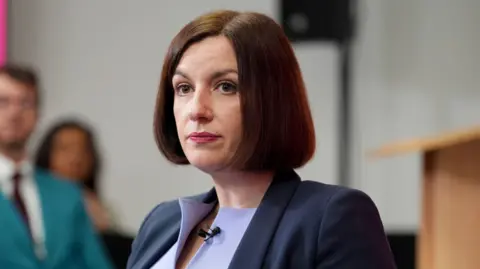 PA Media
PA MediaBut changing EHCPs is a political battleground and campaigners have warned against watering down legal protections for families.
Education Secretary Bridget Phillipson has refused to say whether the government would change or abolish EHCPs.
Labour chair of the Education Select Committee, Helen Hayes, has joined campaigners saying this entitlement must stay in place.
Rachel Filmer, a parent of children with special educational needs, set up Save our Children's Rights campaign in direct response to the government refusing to commit to these plans.
"Without [EHCPs] children have no legal right to any support so things could be catastrophic," she said.
Keeping EHCPs in place but diluting them into a more generalised format that offers less tailored support is also a concern amongst campaigners, and some MPs have suggested the delay to the government's reforms are due to tension over whether to change or scrap these plans.
One said the pushback to changes to EHCPs would be "serious and significant" and would endanger already low levels of trust families have.
The Conservatives have said the delay in publishing the white paper had been "seriously damaging".
Tory MP Saqib Bhatti said: "SEND provision is vital to so many children and that's why we all need the government to get its reforms right."
He added: "Speculation that the government may scrap EHCPs has caused further anxiety to families that already face a struggle to get their children the support they need."
Reform UK are expected to set out its own plans for the SEND system soon.
The party's deputy leader, Richard Tice, recently suggested some parents were "abusing" the system – limiting support for those in "genuine need".
Phillipson favours an approach of earlier intervention, something that is welcomed by campaigners and MPs.
Schools Minister Georgia Gould, who recently inherited the SEND brief, has been visiting constituencies on a "listening" tour exercise.
A Department for Education spokesperson said the government inherited a SEND system "on its knees".
"We're determined to put that right by improving mainstream inclusion so every child can thrive at their local school," they said.
"We've held over 100 listening sessions with families and will continue engaging parents as we deliver reform through the Schools White Paper."
Phillipson has had praise from MPs for being accessible and ready to hear their thoughts, and they point to this as evidence that Downing Street has learned lessons from the summer, when numerous Labour MPs rebelled against the government's proposed cuts to welfare.
Ministers favour setting up more specialist provision in mainstream schools, but MPs have warned that there cannot be a half-hearted approach to giving schools and councils what they need.
"If SEND reform is about saving dough rather than improving the system then it's not headed in the right direction," said Labour MP Neil Duncan-Jordan.
Labour MP Rachael Maskell said that if the upcoming budget does not show that the government is adequately equipping schools and councils - such as increased workforce funding for roles such as speech therapists, health visitors and physiotherapists - then she will not be supporting reforms.
And Jen Craft, a Labour MP who has a disabled daughter, says the approach of groups like the CCN may not be the right one.
"I don't think you should be coming at it from a position of these children, these families cost too much money," she said.
Writing off billions in council deficits would be challenging for a government already facing what's widely expected to be a difficult budget, with warnings about the existing pressure on public finances.
Ministers have signalled that reform of the SEND system will focus on increasing and improving inclusive mainstream provision and early intervention, but that would require extra resource for schools.
Either way it is a challenge ministers are trying to carefully navigate, conscious of the consequences if they don't get this right.

